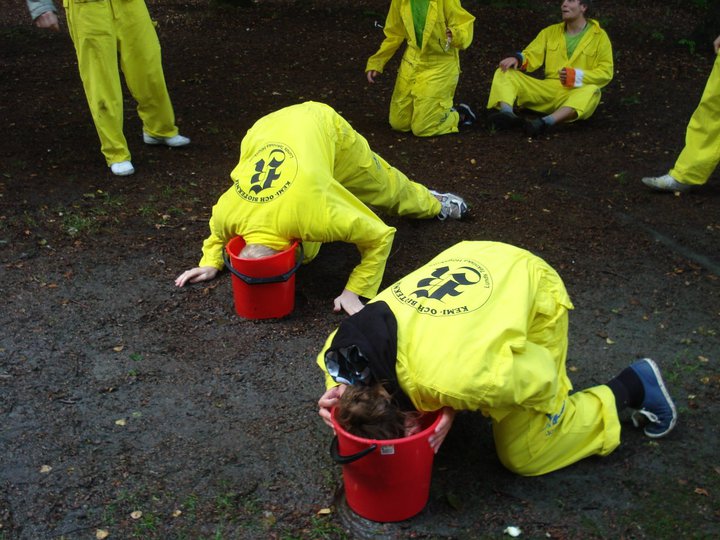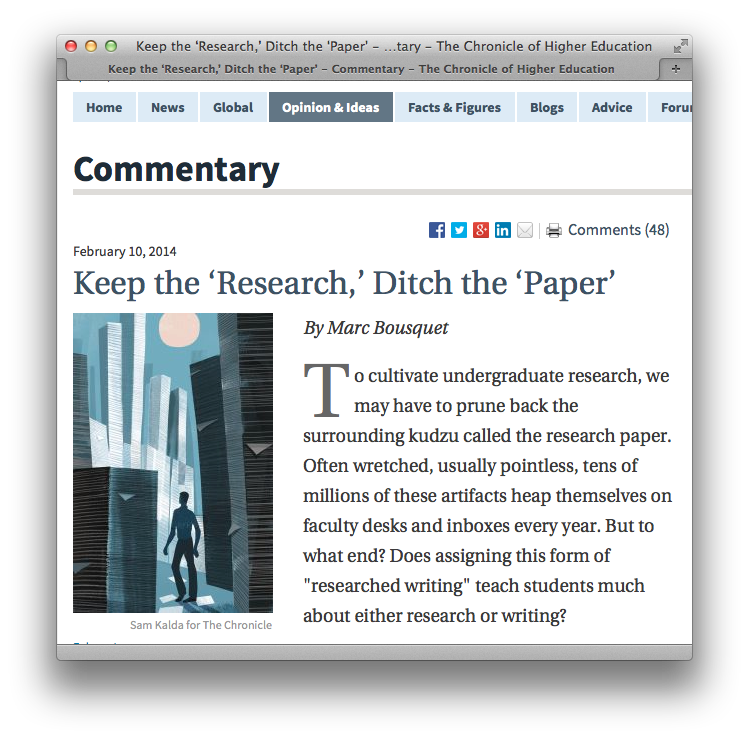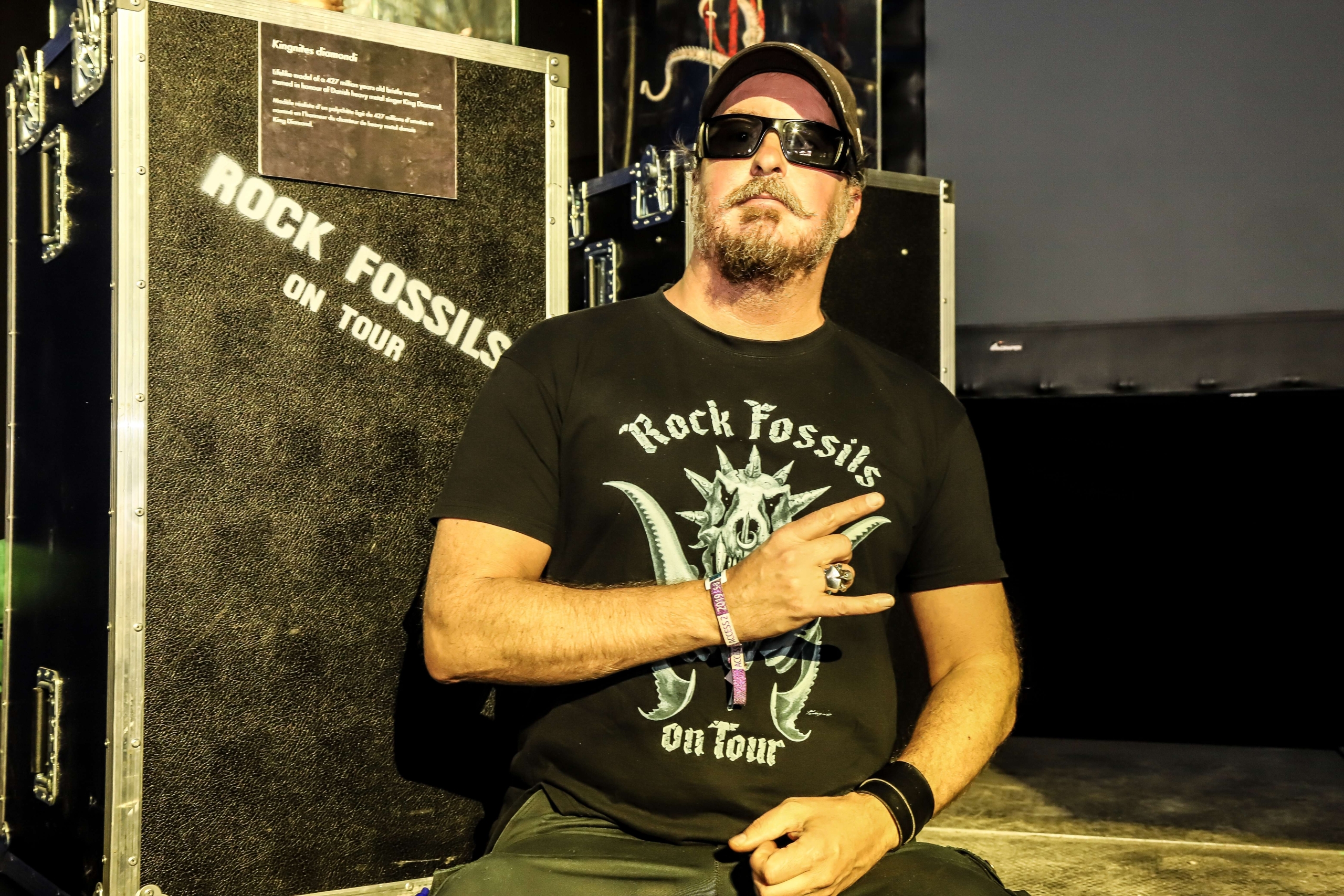Crastina is a platform for the exchange of experience, knowledge and inspiration regarding both scientific peer-to-peer communication and science dissemination
- What? An international network of (mostly young) people who love to communicate science & tech.
- Why? We think science needs to be communicated with more passion and professionalism.
- Where? On our website with interviews & resources + on social media + on Skype and IRL.
- Who? A content group (the Crew), a think tank (the Academy), + lots of friends & contacts.
- When? Right now – as a matter of fact, we’ve just geared up.

50 survival tips for students
Through Quora, a list from 2006 resurfaced in which Ben Jones of MIT summarized 50 things which he considered important for anyone facing a college experience.

Combining science promotion & data collection
Each year, the Swedish organisation VA organises a public mass experiment—an activity that combines science promotion among school children with data collection. Hence, last fall 10 000 Swedish pupils documented the changes to the autum leaves of trees all over Sweden.

”Don’t write a word unless you have something to contribute”
Marc Bousquet, associate professor of English at Emory University, recently wrote a comment worth considering in The Chronicle of Higher Education: Keep the ‘Research,’ Ditch the ‘Paper’


















